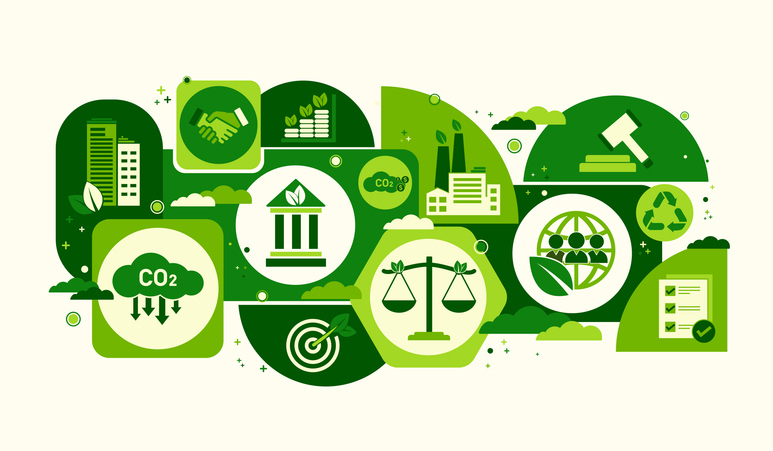
- This event has passed.
A Talk on Environmental Justice by Mia Montoya Hammersley
October 4, 2024 @ 7:00 pm - 8:15 pm EDT

Friday, October 4, 2024, 4–5:15 PM PT / 7–8:15 PM ET
Democracy in its most familiar forms has often floundered in the face of systemic injustice. Democracy has also repeatedly been used as a shield to further environmental injustice and colonial extraction both domestically and internationally. How can we work toward justice while reckoning with and disrupting this disturbing legacy? How do we understand the importance, possibilities, and approaches for centering environmental justice in our contemporary democratic systems and processes? What solutions-oriented pathways already exist? What practices will no longer serve us? This colloquia series aims to support and enliven the discourse around these and other questions. Most fundamentally these colloquia seek to build our collective capacity for engaging in democracy to cultivate environmental justice.
Across the globe, environmental activists play a crucial role in the environmental justice movement, from defending against land-based exploitation to holding government and private actors accountable for inflicting disproportionate environmental health harms on low-income communities and communities of color. In the face of intensifying environmental impacts due to climate change and increasing structural barriers to legal and policy change, communities may increasingly turn to protest, activism, and non-violent civil disobedience as an alternative means to having their voices heard. Despite their pivotal role in protecting the environment and community wellbeing, a 2015 report by the United Nations Special Rapporteur on the rights to freedom of peaceful assembly and association found that environmental activists “face considerable opposition, harassment, stigmatization and even physical attacks from the State and non-State actors in many countries.” From the mass arrests of activists participating in Indigenous-led resistance to oil and gas infrastructure to the activists facing domestic terrorism charges related to their opposition to “Cop City” in Atlanta, the role that the criminal legal system plays in the battle for environmental justice has become increasingly salient.
Presenter
Mia Montoya Hammersley, Director of the Environmental Justice Clinic and Assistant Professor of Law, Vermont Law & Graduate School.
Mia Montoya Hammersley is the Director of the Environmental Justice Clinic and an Assistant Professor of Law at the Vermont Law & Graduate School. She is a member of the Piro-Manso-Tiwa Indian Tribe, Pueblo of San Juan de Guadalupe, and a Yoeme (Yaqui) descendant. In her work, Mia has represented conservation organizations in protecting land from extractive industries, Tribes in defending and asserting their land and water rights, and communities experiencing disproportionate environmental health harms. She strives to ground her practice in the tradition of decolonial community and movement lawyering. In addition to completing her J.D. with dual certificates in Indigenous Peoples Law & Policy and Environmental Law, Science, and Policy, Mia holds a Master of Science in Water Policy from the University of Arizona. In 2021, she was a recipient of the Young, Gifted, and Green 40 Under 40 Award by Black Millennials for Flint for her work in the field of environmental justice. Her article, "In Defense of Land and Water Protectors: Environmental Justice and the Criminalization of Environmental Activism" is forthcoming in the University of Memphis Law Review.
This program is offered with support from Antioch Works for Democracy
